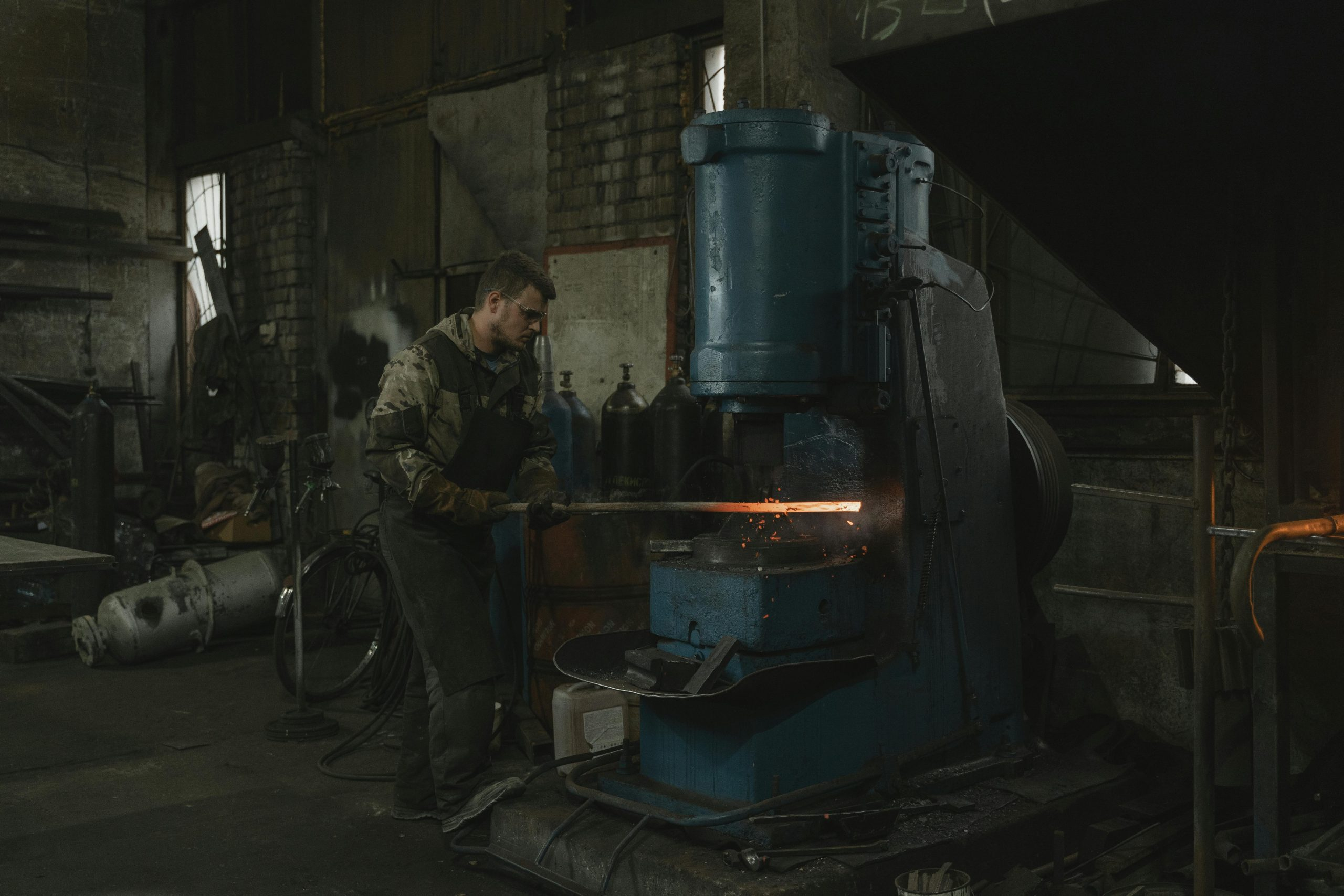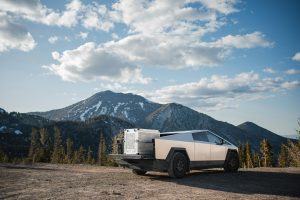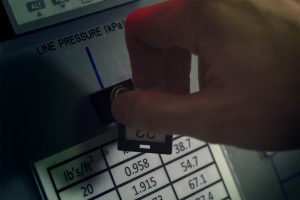Why Vehicle Startups Are Disrupting Traditional Manufacturing Models
Innovation has always been a driving force in the automotive industry. For decades, established manufacturers have been leading the pack, setting the standards for technology, design, and manufacturing processes. However, with the rise of vehicle startups, the industry is experiencing a major shift. These new players are disrupting the traditional manufacturing models and causing a ripple effect that is transforming the entire automotive landscape.
The Rise of Vehicle Startups
The past few years have seen a surge in the number of vehicle startups, especially in the electric and autonomous vehicle space. Companies like Tesla, NIO, and Rivian have gained significant traction and are redefining what it means to be an automotive manufacturer. These startups are not just challenging the established players, but they are also changing how the industry operates.
So, what sets vehicle startups apart from traditional manufacturers? Unlike established companies that have been around for decades, startups have a clean slate. They are not bound by legacy systems, processes, or mindset. This gives them the freedom to experiment and innovate, something that is often lacking in traditional manufacturing models. This agility and flexibility have enabled startups to make bold moves and introduce groundbreaking technologies that have caught the attention of consumers around the world.
Disrupting Traditional Manufacturing Models
Rethinking Design and Technology
One of the biggest ways in which vehicle startups are disrupting traditional manufacturing models is by rethinking design and technology. Unlike established players, startups are not constrained by the limitations of internal combustion engines. They are designing vehicles from scratch, with an emphasis on electric and autonomous technology. This has enabled them to push the boundaries of what is possible and create vehicles that are not only more efficient and environmentally friendly but also more advanced and user-friendly.
Moreover, startups are not just designing vehicles, but they are also reimagining the entire user experience. Companies like Tesla have revolutionized the industry with their direct-to-consumer sales model and over-the-air updates, which allow them to continuously improve and enhance their vehicles. This level of innovation and customer-centric thinking is something that traditional manufacturers are struggling to replicate.
Streamlined Production Processes
Another area where vehicle startups are disrupting traditional manufacturing models is in their production processes. Unlike established players who have long and complex supply chains, startups are adopting more streamlined production processes. For instance, Tesla, with its Gigafactory, has brought battery production in-house, resulting in cost savings and increased efficiency. Similarly, other startups are embracing 3D printing technology, which allows for faster prototyping and production, reducing both time and costs.
Embracing Digitalization
Lastly, vehicle startups are driving the digitalization of the industry. They are embracing new technologies like Artificial Intelligence, Big Data, and the Internet of Things to gather and analyze data and make data-driven decisions. This is enabling them to optimize processes, enhance safety, and improve the overall customer experience. Moreover, startups are also leveraging digitalization to reach customers directly, cutting out middlemen and reducing costs.
The Future of Automotive Manufacturing
With their disruptive approach, vehicle startups are rapidly reshaping the automotive industry. From cutting-edge design and technology to streamlined production processes and digitalization, startups are setting new benchmarks and forcing traditional manufacturers to innovate or get left behind.
However, it is not just about the vehicles themselves. The rise of vehicle startups is also changing how people perceive transportation. With a focus on sustainability and a seamless user experience, startups are making electric and autonomous vehicles more appealing and accessible to the masses. This is causing a major shift in consumer preferences and behavior, which will only accelerate the growth of startups and further disrupt the traditional manufacturing models.
In Conclusion
There is no denying that vehicle startups are making waves in the automotive industry. By challenging the status quo and pushing the boundaries of what is possible, they are disrupting traditional manufacturing models and paving the way for a more innovative, sustainable, and customer-centric industry. As they continue to grow and evolve, it will be interesting to see how established players respond and how the future of automotive manufacturing unfolds.











